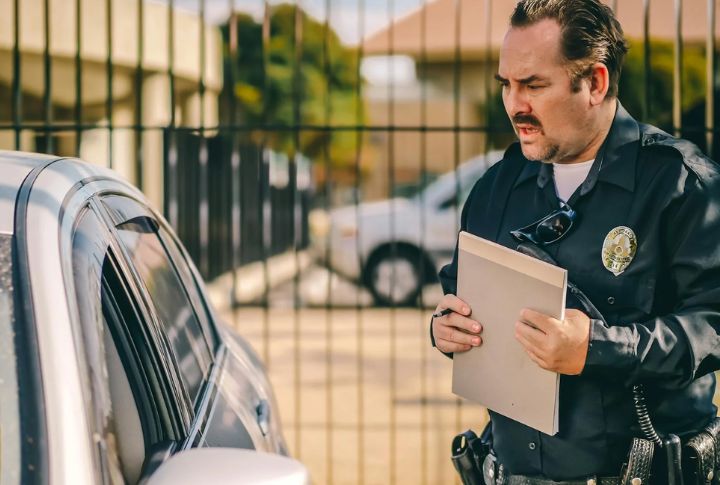News
10 “Basic Rights” That Don’t Exist Like You Think They Do

Americans take pride in their rights, but what if some of them don’t actually exist? Many assume certain freedoms are guaranteed, only to find out the law says otherwise. Before you invoke a right you think is yours, check this list because some of these might shock you.
The Right To Say Anything Without Consequences

“Free speech means I can say whatever I want!” Not quite. The First Amendment protects you from government censorship, but private companies, employers, and even social media platforms can limit what you say. Insult your boss, and you might get fired. Post something offensive, and the platform can delete it.
The Right To Film Anyone, Anywhere

Not every place is fair game for filming. Be careful. While filming in public areas is allowed, private businesses and homes have different rules. If someone asks you to stop recording on their property, you should comply or risk being kicked out or, worse, facing legal action.
The Right To Resist Arrest If It Feels Unfair

“Wait, I didn’t do anything wrong!” Unfortunately, that’s not how it works. You might be innocent, and yet pulling away or arguing can turn things against you fast. Courts expect you to comply and fight back legally later. So, arguing or pulling away could turn a misunderstanding into criminal charges.
The Right To A Phone Call After Arrest

Hollywood loves this one, but no federal law guarantees a phone call. Some states allow it; others don’t. Even if you get one, police can listen in, except if you’re calling a lawyer. So before you plan your one dramatic call, check your local laws; it might not be a given.
The Right To Cross Against Traffic If No Cars Are Coming

Ever jaywalked, assuming it’s no big deal? You should think again. Many states and cities strictly enforce jaywalking laws. Police can fine you and, in some places, even impose hefty penalties. Next time, remember, just because a road looks clear doesn’t mean you’re free to cross whenever you want.
The Right To Use Any Self-Defense Method

“If someone attacks me, I can fight back however I want!” Not so fast. Self-defense laws vary, and using excessive force can turn you from a victim to a criminal. Some state laws require you to retreat before fighting back. Although self-defense is a natural instinct, know your state’s laws before assuming you’re in the clear.
The Right to Refuse to Show ID to Police

Think you can ignore an officer’s request for ID? In many states, you can’t. “Stop and identify” laws require you to provide identification in certain situations. In states with these laws, if an officer has reasonable suspicion, refusing to show ID where legally required can lead to detainment or worse. Sometimes, compliance keeps you out of trouble.
The Right to Refuse A Police Search Anytime

Think police always need a warrant? Not necessarily. If they spot something suspicious in plain sight, they can search without consent. Then again, agreeing too quickly might strip away legal protections, so it’s important to recognize when to refuse and when to remain silent.
The Right to Walk On Any Beach You Want

You’re strolling along a beautiful shoreline when someone suddenly shouts, “You’re trespassing!” It is a common misconception to assume all beaches are public, but in some states, private property lines extend right into the sand. Ignore the signs, and you could be slapped with a fine.
The Right To Refuse Work On Demand

Did you know your employer can legally require overtime? But don’t worry because labor laws offer some protections. Overtime compensation is required for non-exempt employees under FLSA regulations, and some states even require meal and rest breaks. Before refusing a shift, check state laws—you might not have the right to say no, but you can always demand the extra cash.

